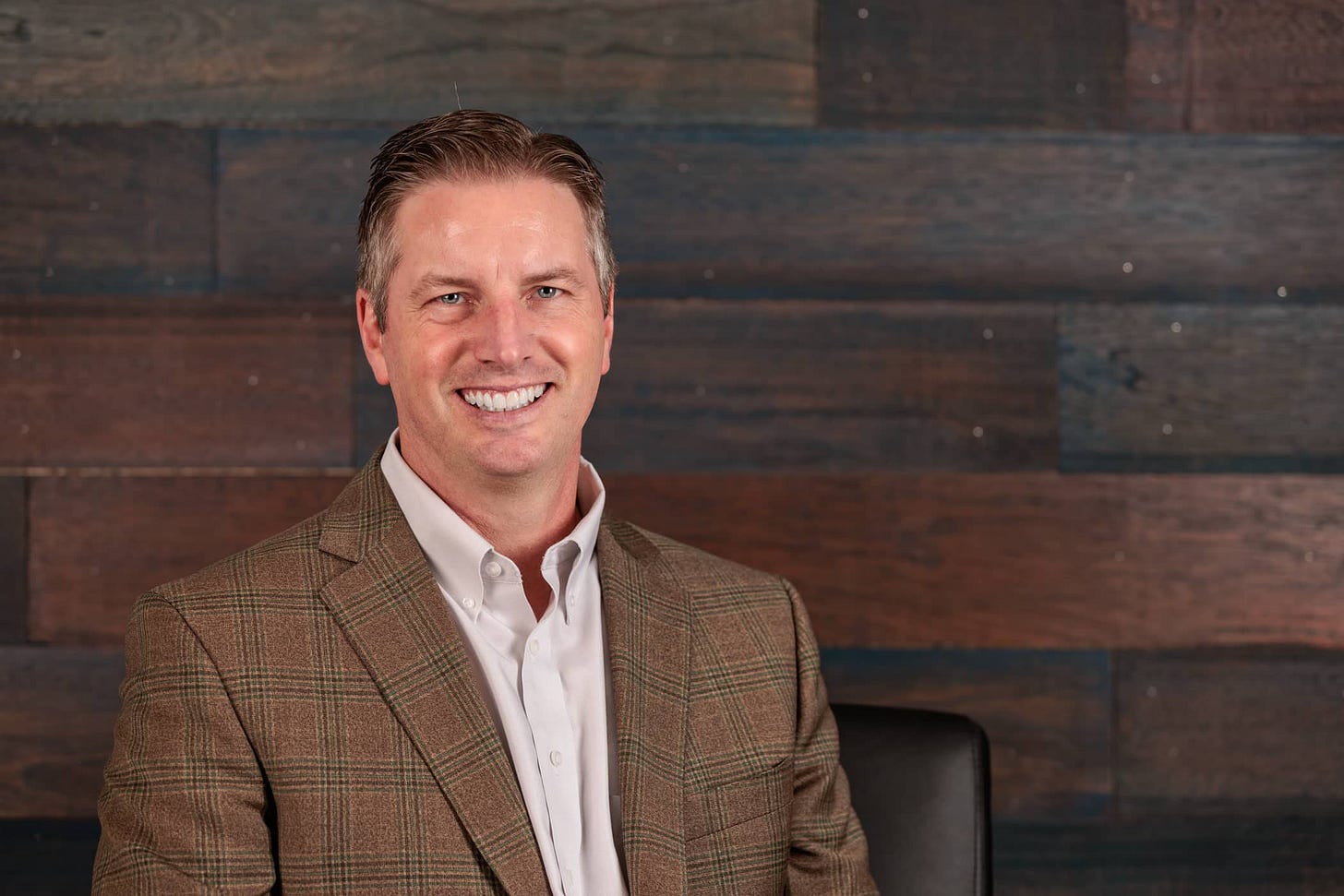HEADLINE: “ESG is NOT Sustainable Investing — Why It Matters”,
“Ask Peter Krull what sets Earth Equity Advisors apart in the age of ESG and sustainable investing; his answer is simple and direct.”
ESG is NOT Sustainable Investing — Why It Matters
Ask Peter Krull what sets Earth Equity Advisors apart in the age of ESG and sustainable investing; his answer is simple and direct.
Categories
By:
Ask Peter Krull what sets Earth Equity Advisors apart in the age of ESG and sustainable investing; his answer is simple and direct.
“We understand what retail investors want,” Krull, a partner with the Prime Capital Financial-owned firm, as well as podcaster and author, said. “We understand they want a sustainable portfolio that isn’t just an ESG, less-bad, less-risky portfolio. We understand they want a solutions-based portfolio that includes companies leading us into a cleaner, more resource-efficient, resilient, and equitable economy.”
Yet a sticking point is the confusion over the difference between environmental, social, and governance strategies and sustainable investing, something he said large investment managers and politicians aren’t helping with. Indeed, it seems the former, ESG, is everywhere at the moment, alternately lauded or disparaged depending on the particular state and/or administration.
Even SRI, which once stood for socially responsible investing, is now sustainable, responsible investing, or more specifically, “sustainable, resilient and innovative investing.”
“ESG is a set of metrics that gauge a company’s environmental, social, and governance risk,” the 27-year sustainable investing vet explained. “For example, you’re making widgets, and your factory is on the Florida coast. You’ll have greater environmental risk because of hurricanes. You’ll have potential property loss, time away from work, and all the things associated with that material risk. Most people don’t understand that ESG means risk to a company. They think that ESG is the risk that the company has on the environment, society, or governance around them. It’s the other way around, and it’s the risk to the company itself. Sustainable investing is finding a solution from the ground up, one that’s resilient.”
Sustainable investing critics often claim it does little more than introduce investing inefficiencies that reduce returns, and savers should instead invest for maximum return and then take the proceeds and donate how they wish.
Krull didn’t buy it.
“Well, the one sector in which we don’t invest is fossil fuels,” he countered. “When you look at historic returns, at least over the last 10 to 15 years or so, the fossil fuel sector has not performed exceptionally well, so I had no problem excluding that.”
Referring to a study from legendary perma-bear Jeremy Grantham and his team at GMO several years ago, he said they found a very small difference between the best-performing and worst-performing portfolios if any one sector is excluded.
“So, not including a sector is not a big deal. But what I would say is that I think we have got way too focused on the idea of indexing where markets are going. I don’t think you can index where the market is going. Indexing is a rearview mirror. You’re looking at where the market and economy looked yesterday.”
He concluded that a decade from now, he believes most people will “probably be driving EVs, and it will be an electric-based economy. But you’re not going to see that in a quarterly earnings report. You’re going to see that over extended periods of time. That’s one of the interesting things we found with sustainable investors in general — they see the big picture.”
BOTTOMLINE: Referring to a study from legendary perma-bear Jeremy Grantham and his team at GMO several years ago, he said they found a very small difference between the best-performing and worst-performing portfolios if any one sector is excluded.






This is powerful. I’ve felt this pull — wanting to be seen but also fearing what that really means. As a founder, I’m often told to “show up” more, share more, be louder. But sometimes, silence feels safer than misinterpretation.
Appreciate you putting this into words. It makes the rest of us feel less alone.
—Eric